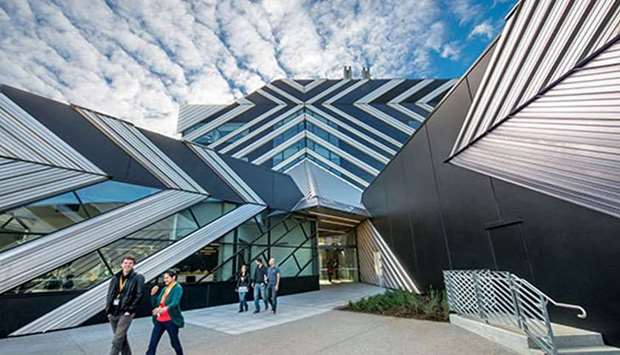Australia moved to counter foreign interference at its universities Wednesday, establishing a task force to help protect sensitive research, cyberdefences and free speech.
With concern growing about China's clout on campuses Down Under, education minister Dan Tehan announced more intensive consultation between schools and government officials -- including spy agencies.
The group will focus on bolstering cyberdefences, protecting sensitive intellectual property and making sure collaboration with foreign individuals or organisations does not hurt Australia's national interests.
Tehan stressed the need to strike a balance between the ‘national interest’ and universities' ‘freedom to pursue research and collaboration that expands our knowledge and leads to life-improving innovations’.
That balance has been called into question by a series of hacks, controversial donations and incidents of on-campus intimidation linked to Beijing.
A data breach at the Australian National University last year exposed sensitive staff and student data going back two decades.
Australian universities have taken tens of millions of dollars from Beijing to establish ‘Confucius Institutes’ that steer clear of issues damaging to China's ruling Communist Party.
They have resisted calls to register the institutes under new foreign interference laws.
The ongoing unrest in Hong Kong has also been mirrored on campuses across Australia, with pro-democracy students intimidated by pro-Beijing Chinese student groups, and their private information published online.
‘The test of our commitment to free speech is whether we are willing to tolerate the speech of others,’ Tehan said, ‘especially those with whom we most disagree’.
Universities Australia, a lobby group for the sector, said institutions had been cooperating with governments ‘for decades’ and would continue to do so.
‘There's a very careful balance to be struck in this work. We must continue to safeguard our security without undermining the invaluable asset of our openness.’

